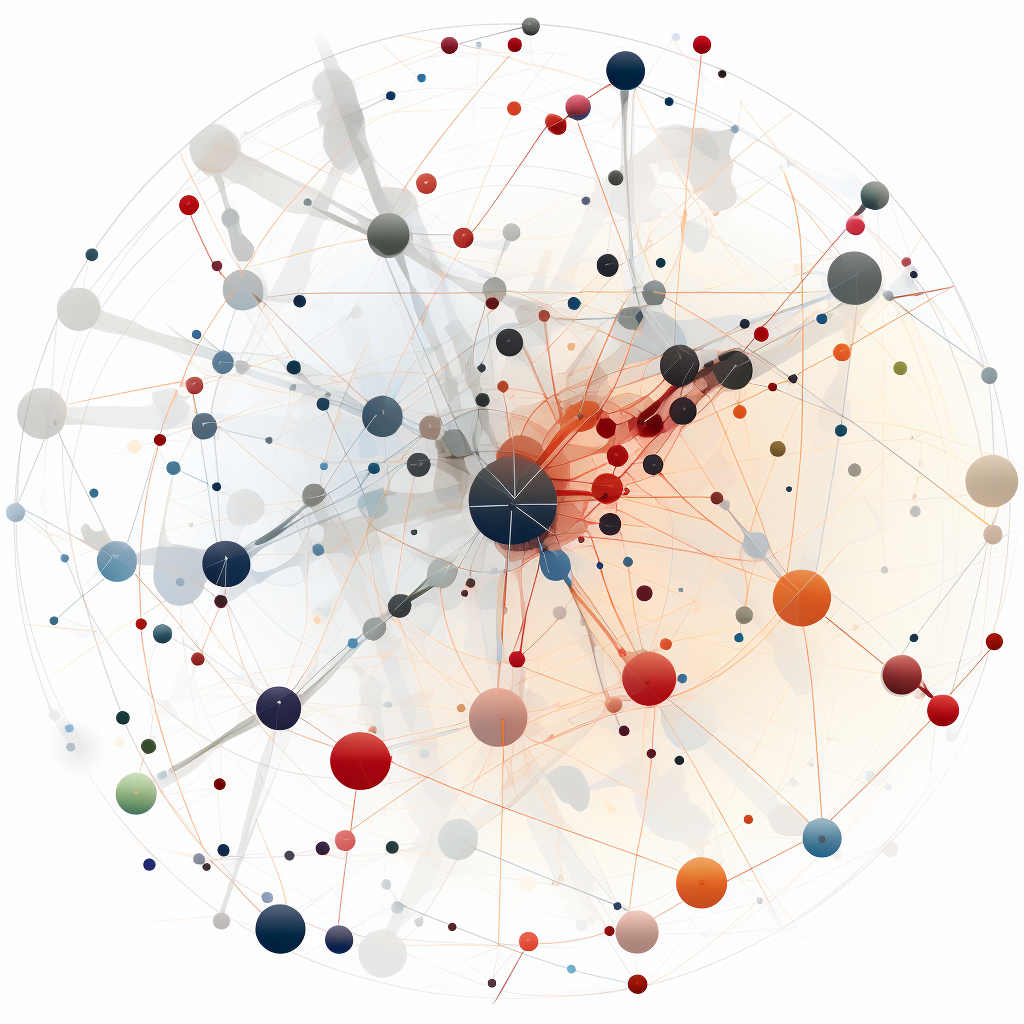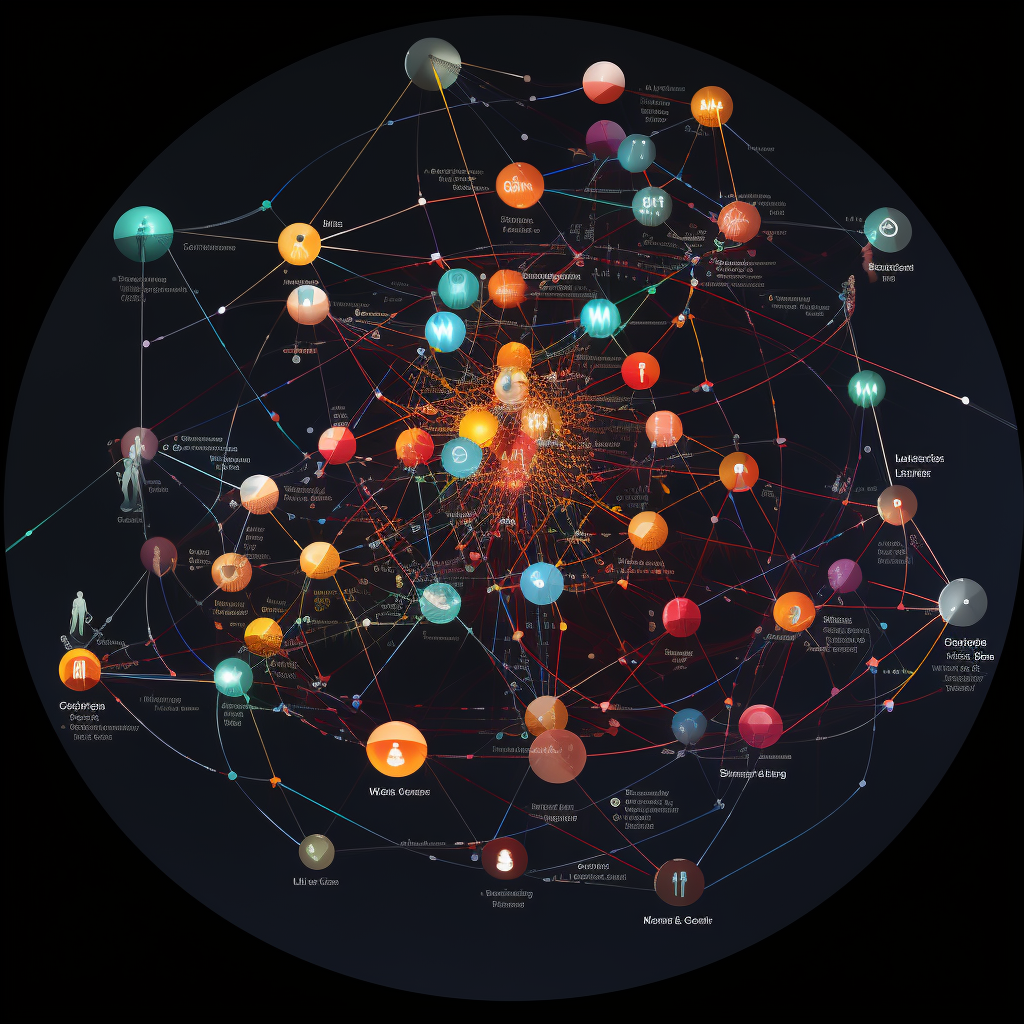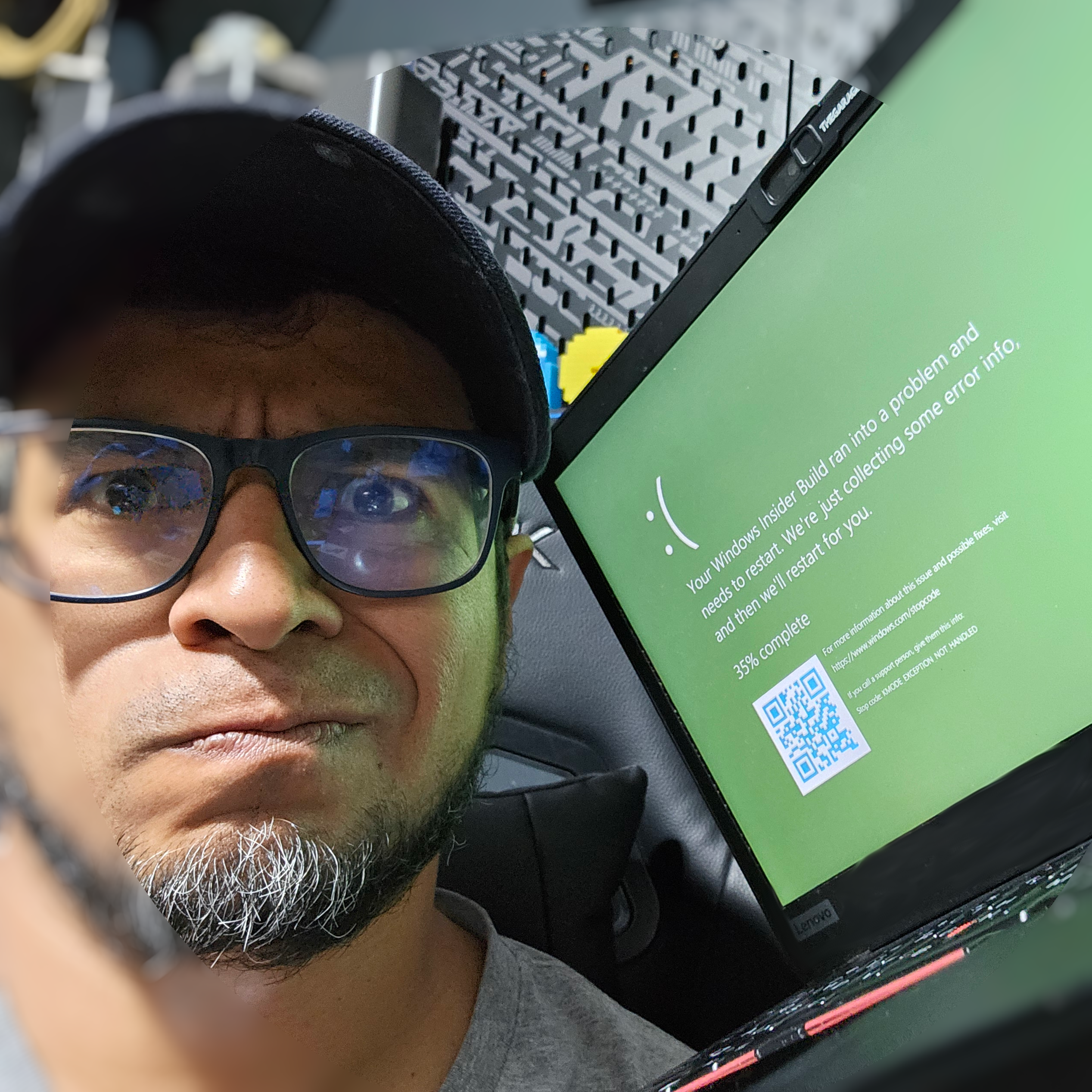
I’ll keep this short and sweet since there’s already gazillions of information about Large Language Models (LLMs) and artificial intelligence (AI), and I doubt I’ll contribute anything novel to the discussion. This post aims to put in words this interlude video about LLMs and AI before adding the magic AI bits into our app.
I will argue two things: 1) LLMs are a form of artificial intelligence, 2) They represent a rather limited form of intelligence that requires constant supervision. Following this, I’ll include a link on how to install these models locally.

If you prefer video, there is a YouTube version of this blog-post.
Since the release of LLMs, I have been extremely enthusiastic about exploring such a fun tool to play with. I won’t delve into discussions about how transformative it is or will be, but rather focus on the enjoyable aspect of using this technology.
In the broader context of ML/AI and data science, Python stands out as the most commonly used programming language. Despite my open-source enthusiasm, I have always found C# to be remarkable. With the introduction of Mono.NET and later dotnet core, I have happily used it in Linux environments. It’s no surprise that when working on projects related to ML/AI, C# and .NET are my preferred choices.

In this blog post, we will explain how to generate the outbox and notes, ready to be shared in the Fediverse.
You can also navigate the other parts of this series here.
Overview In the previous blog post, we created the actor endpoint as a static file. As explained there, this file has a pointer to the outbox, which is a collection of notes. A note in the ActivityPub protocol represents an activity, such as a toot, photo, comment, etc. (hence the “Activity” in ActivityPub), and in our case, it will be the representation of a blog post.

ChatGPT and most AI systems have biases, often manifesting as racism and discrimination, mirroring the biases present in human society and hence in the data we use to train such systems. And look, I am excited about AI, but sometimes we are moving too fast without thinking in the consequences.
Last week we had our team monthly lunch, and as in other ocassions we were talked about everything, ranged from topics as cane sugar industry, spicy food levels, skiing, and of course, AI. The small talk was about tips on using Microsoft Teams and Copilot to summarize what people said in a chat after prolonged absences from the office. This sparked an idea for an experiment.

In this blog post, we will explain how to make your blog discoverable in the Fediverse as an account, and also address some of the annoying pitfalls I encountered. So let’s get started.
You can also navigate the other parts of this series here.
Overview To enable discovery, we need to implement the webfinger endpoint and the actor file.
As shown in the diagram, Mastodon will first reach the webfinger, which points to the actor file. The actor file, in turn, points to other endpoints such as outbox, inbox, followers, and following. I have included this diagram so you can refer back to it for visual cues while reading this post.

In Part 2, we will delve into the design of my implementation. If you want to read about why you should bring your site to the Fediverse, check out Part 1. You can also navigate the other parts of this series here.
So, you’ve decided to bring your blog to the social web, the Fediverse. That’s cool! This guide might be just what you need. And if you’ve got this or any other method working, shoot me a message on the social web, and I’ll gladly follow. But first, a word of caution: if you’re considering adding ActivityPub to your static site (or any site), I strongly suggest you look for existing implementations that could make your life easier:

You can find the index and other parts of this series here.
This blog is on the fediverse! You can discover and follow the blog (@blog@maho.dev) and comment on its posts from your Mastodon app.
I spent the last couple of weeks getting this blog onto the social web (aka fediverse), investing an hour here and there (I hope you are reading this from Mastodon, btw). It was fun and a very exciting learning experience, and I want to share not only my reflections but also create a guide so others can do the same, to move the needle a little bit in the right direction.

Hi! I have created this index for easy navigation.
In Part 1, we will discuss why it is important to bring your site to the Fediverse.
In Part 2, we will delve into an overview of the design of my implementation.
In Part 3, we will make your blog discovereable in the fediverse.
In Part 4, we will generate our notes and outbox, which contains posts ready to be shared in the Fediverse.
Part 5, is an interlude to implement a subscribing to your site feature with fediverse accounts.

Rediscovering Human Connection While AI may be the buzz today, I believe there is other technology gaining traction with a significant impact, paradoxically in the opposite direction—people taking control back from machines.
I began evangelizing Linux and FOSS in the early 2000s. I was an idealist fueled by the vision of a digital world built on collaboration, transparency, and freedom. I never really thought that “this was the year of Linux on the desktop,” but I was happy to spend hours configuring X.org and, in the process, destroying one or two monitors.

Entering the tech industry is a mix of opportunities, skills, and pure luck. For many of us, breaking into BigTech felt more like winning a lottery ticket than following a structured path. However, there is one methodical action to change that.
And when I say I had luck, it’s not because I lack intelligence, determination, or grit. I possess all of these qualities, as do many others reading this post. There are likely individuals who are even smarter, more determined, and facing higher stakes.








